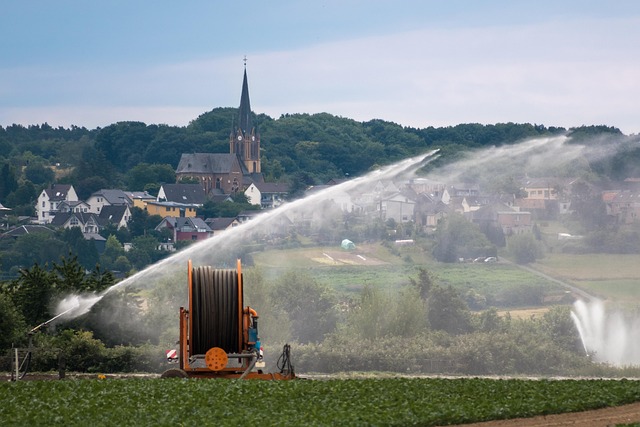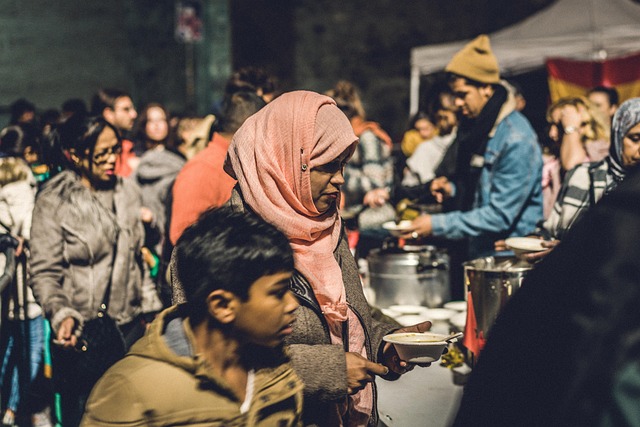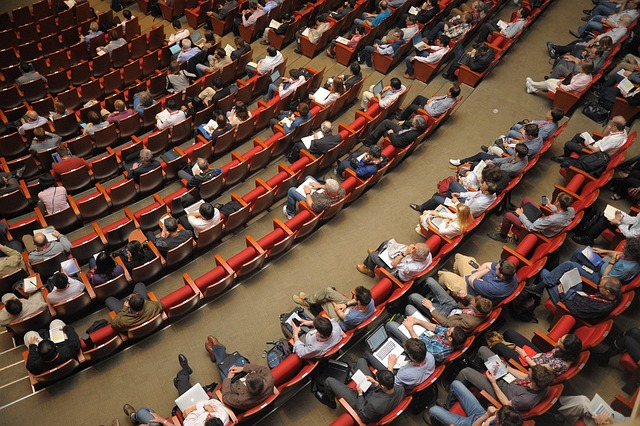Religion has long been a cornerstone of society, shaping beliefs, values, and community interactions. Central to this framework are the various church roles that foster both spiritual growth and social cohesion. Regardless of denomination, the influence of a church extends beyond its walls, impacting lives in profound and meaningful ways.
At the heart of church roles is the idea of service. Pastors, priests, and lay leaders not only guide congregations in spiritual matters but also step up as community leaders. They provide counsel, support, and often act as mediators in times of conflict. Many engage actively in outreach programs, food banks, and shelters that assist those in need, showing that religion is not just about personal salvation but also about communal responsibility.
The sense of belonging that arises from church involvement is another significant aspect of its community impact. Through church roles, individuals are given opportunities to connect, share experiences, and build friendships. Weekly services, Bible studies, and social events offer spaces for interaction, helping to alleviate loneliness and isolation that many might feel in today’s fast-paced world. When individuals gather to worship, they reinforce shared beliefs and values that strengthen the fabric of community life.
Moreover, churches often act as a hub for important social movements. Many times, it is within these spiritual centers that discussions about societal concerns, such as poverty, inequality, and injustice, foster collective action. Church roles extend to advocating for change, drawing on shared faith to inspire community activism. This approach not only amplifies the voices of the marginalized but also provides a moral framework that compels congregants to take action for the common good.
The educational aspects of church roles also play a crucial part in community development. Sunday schools, youth programs, and adult education courses equip individuals of all ages with knowledge and life skills. These programs often instill values of empathy, integrity, and resilience, allowing participants to navigate the complexities of life with a strong moral compass. This educational outreach is critical in developing future generations who are not only informed but also engaged and responsible community members.
In times of crisis, the role of the church becomes even more pronounced. Be it a natural disaster, personal loss, or a community-wide challenge, churches often serve as refuge and support systems. Their ability to mobilize resources and volunteers quickly can make a significant difference in addressing immediate needs. Members rally together, demonstrating compassion and solidarity, reinforcing the idea that collective action rooted in faith is a powerful force.
In considering the multifaceted roles that churches play within their communities, it becomes clear that they are more than places of worship. They are vital to promoting interconnectedness and fostering a sense of purpose among individuals. The community-oriented approach inherent in various church roles highlights how faith can be a catalyst for positive change, ultimately leading to stronger, more resilient societies.




